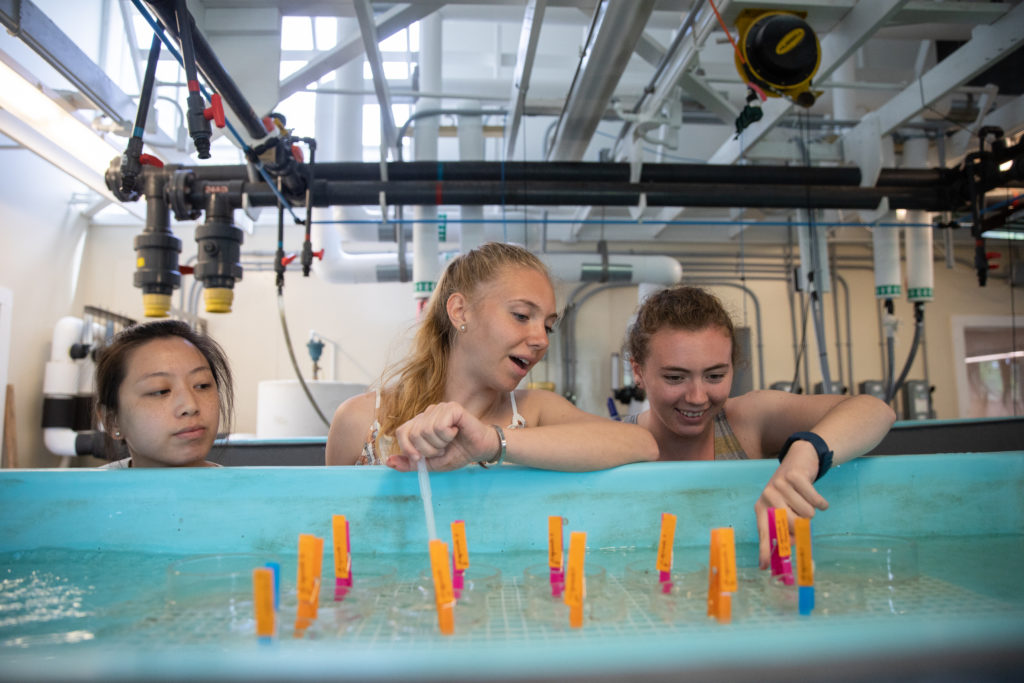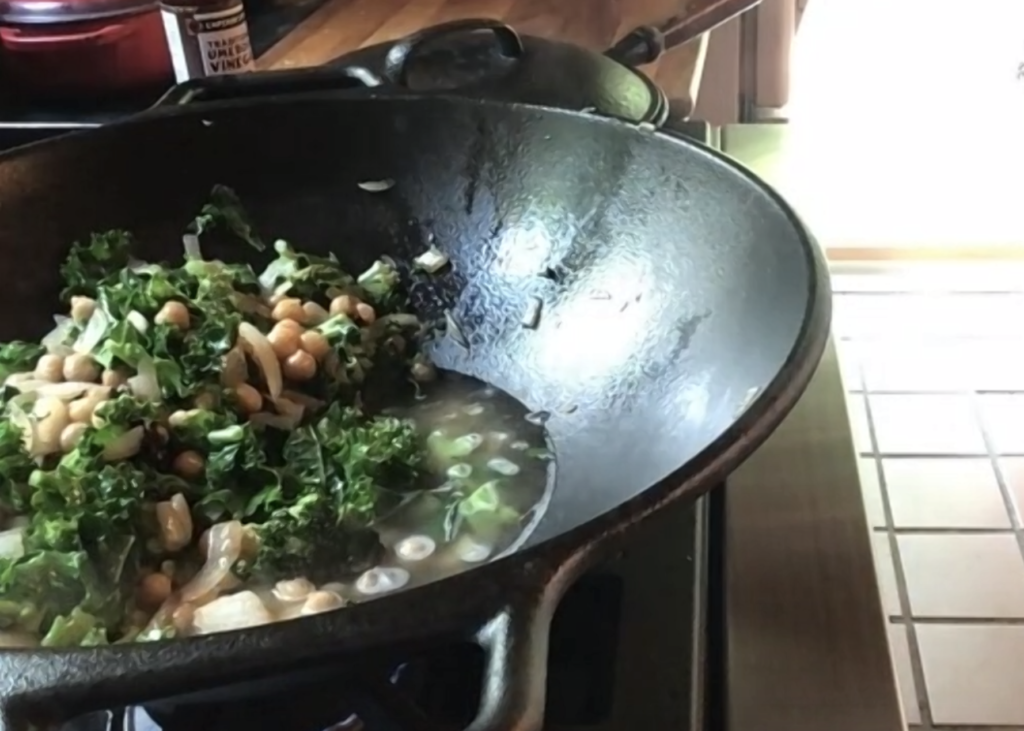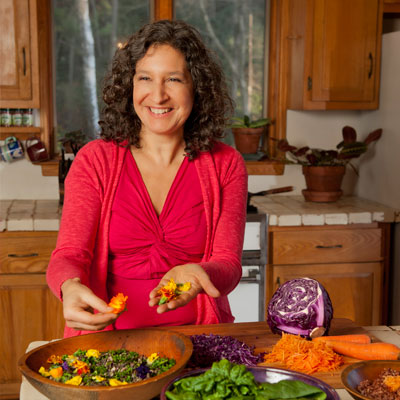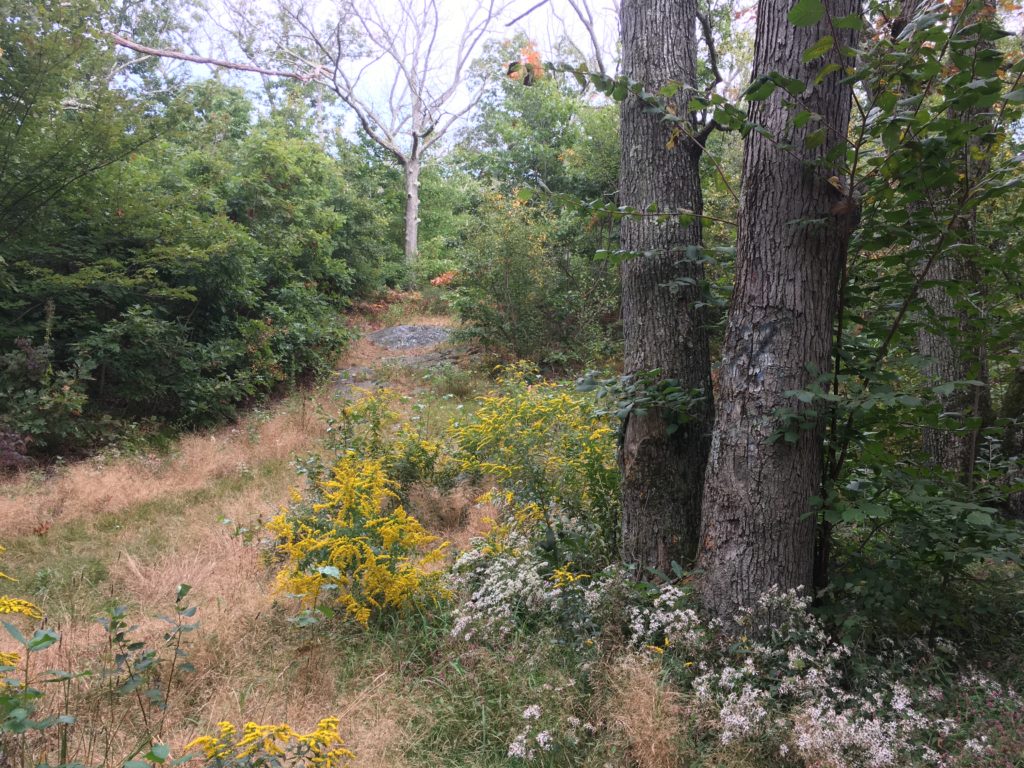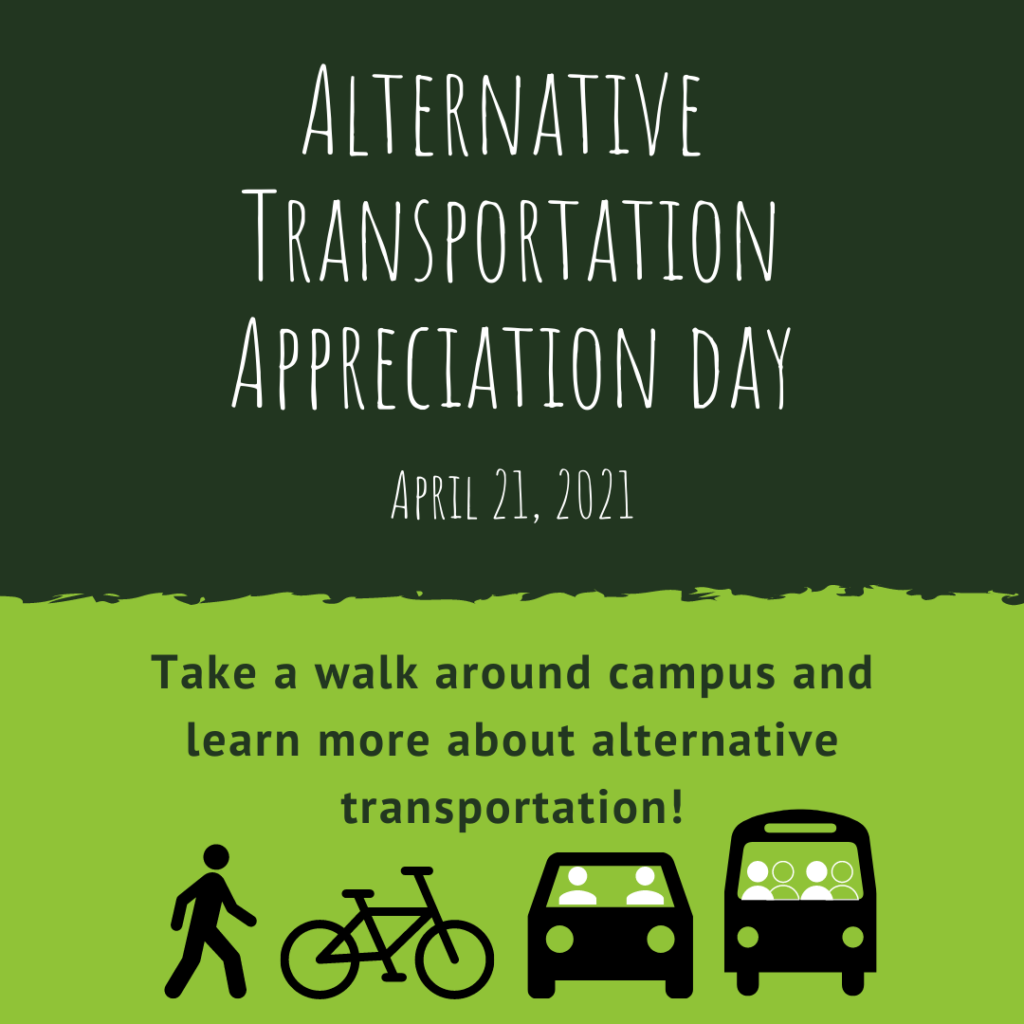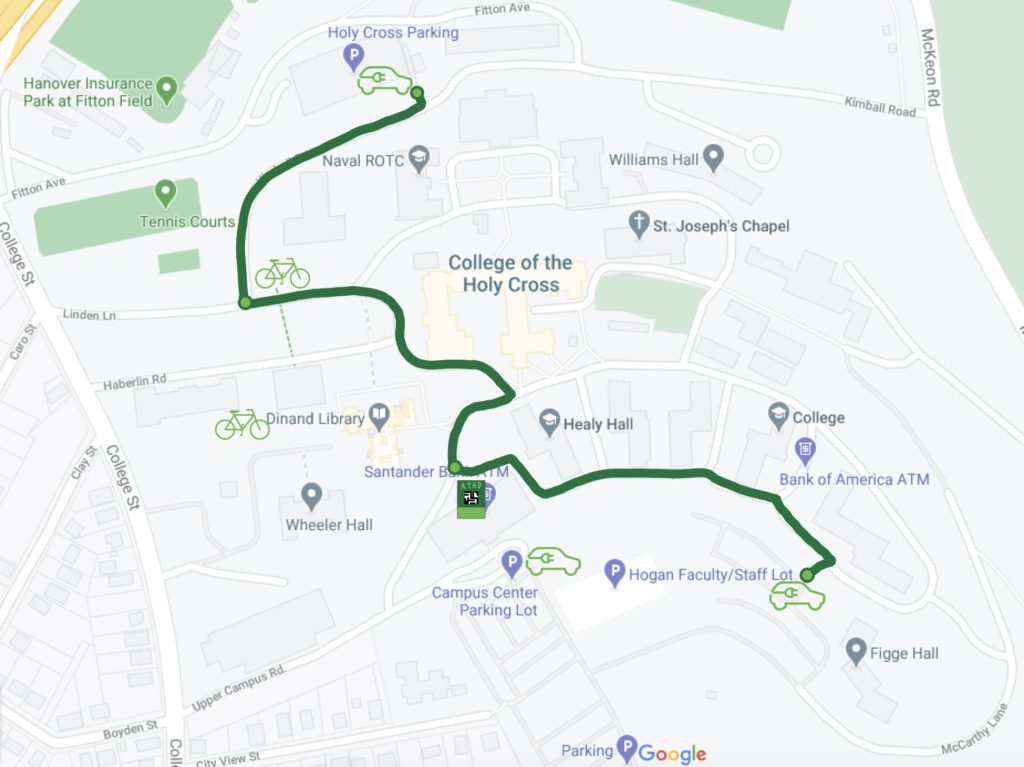
This spring, Holy Cross will be using caps and gowns made from recycled materials! Holy Cross is partnering with Oak Hall to offer GreenWeaverⓇ caps and gowns for all graduates this May 2022. This regalia is made out of fabric that has been spun from molten plastic pellets from recycled water bottles. In comparison to the traditional polyester regalia, production of this material reduces CO2 gas emissions by 54.6% and petroleum usage by over 52%. As of this year, over 9 million plastic water bottles will be removed from landfills as a result of over 400,000 students wearing GreenWeaver regalia at graduation.
Students are very appreciative of the opportunity to take part in a sustainable effort as their time at Holy Cross comes to an end. Senior Milly O’Brian ‘22 commented, “I think it’s really important to take steps like these towards environmental change in hopes that each individual effort will make a huge impact toward a healthier and more sustainable future. Let this be an example for future generations on how simple it is to make small lifestyle changes that better our planet!” Hopefully this simple change of clothing will reinforce the idea that we can be sustainable with better decision making, and vast lifestyle changes are not always necessary.
The College will be collecting the caps and gowns after the ceremony for students who do not choose to keep theirs, and will return them to Oak Hill. While GreenWeaver caps and gowns are a large stride for sustainability at Holy Cross, students can support a green commencement in other ways as well. Students can bring reusable water bottles to stay hydrated throughout the ceremony, carpool to the venue, and use this milestone to kickstart a more sustainable lifestyle post graduation!
Written by Olivia Ferrara ’24.


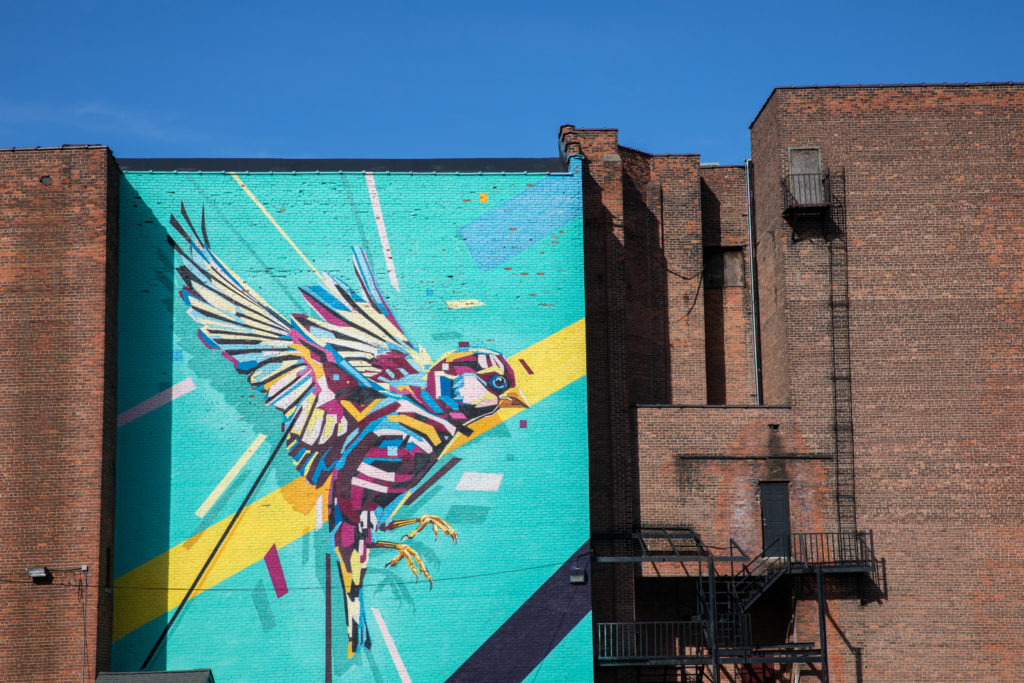
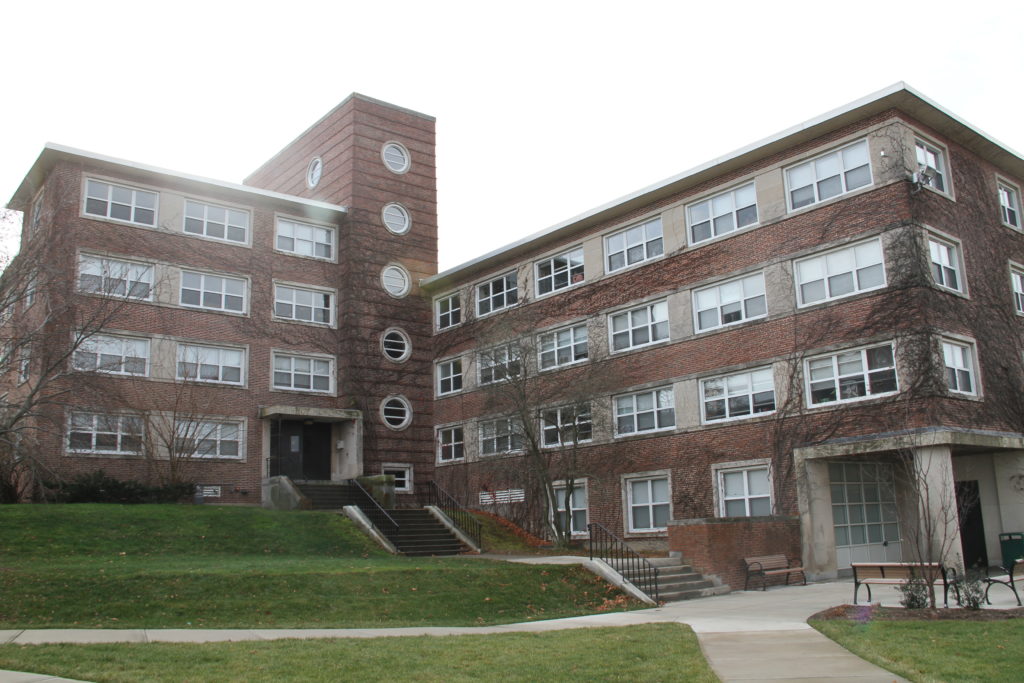
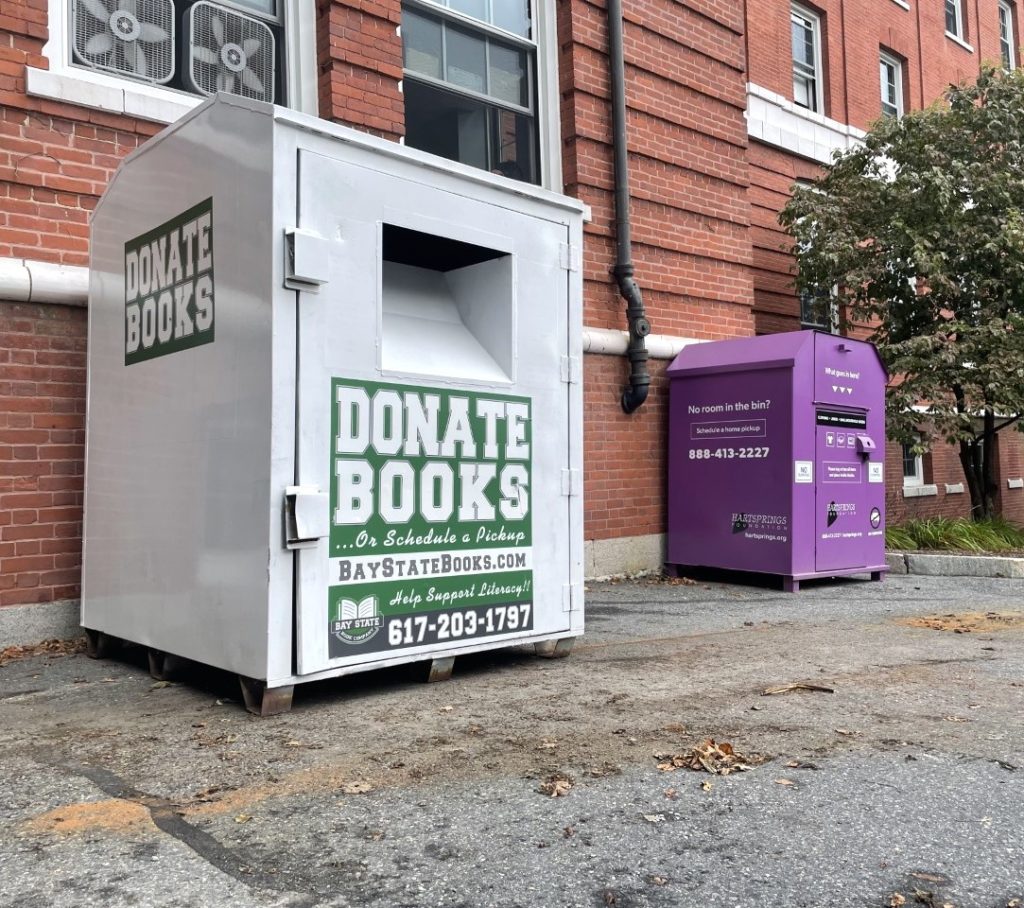

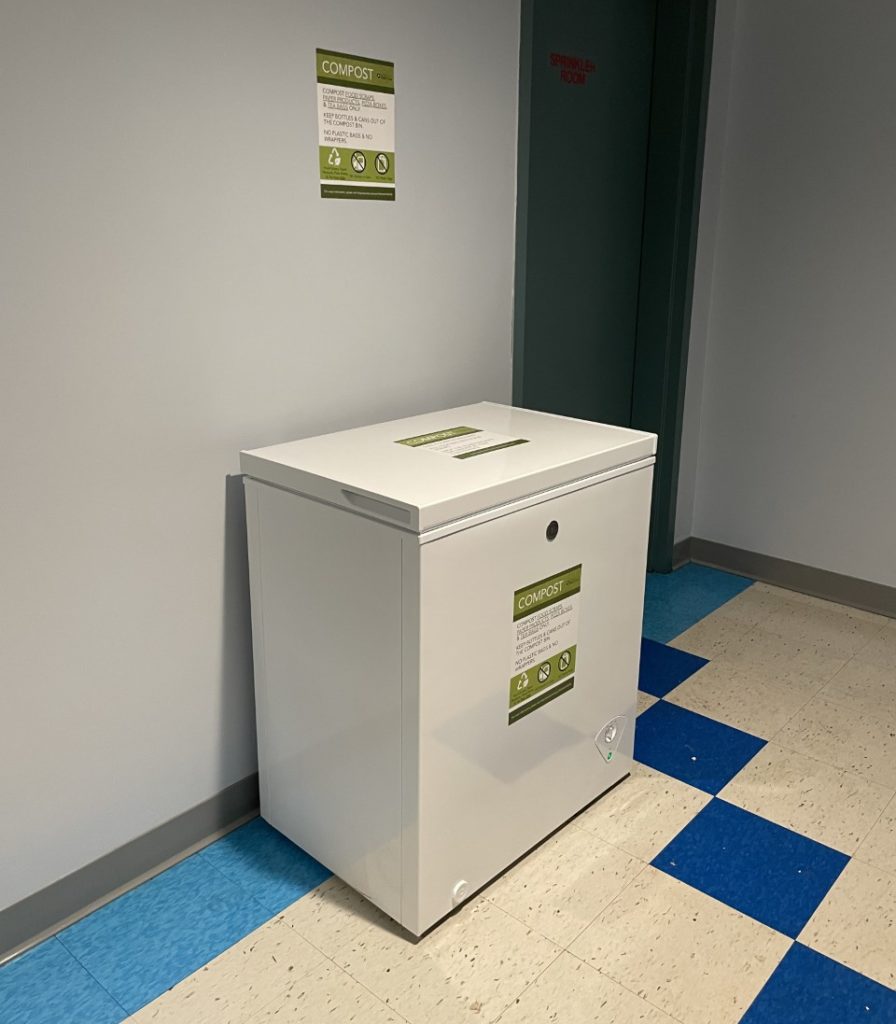 After piloting a successful
After piloting a successful 